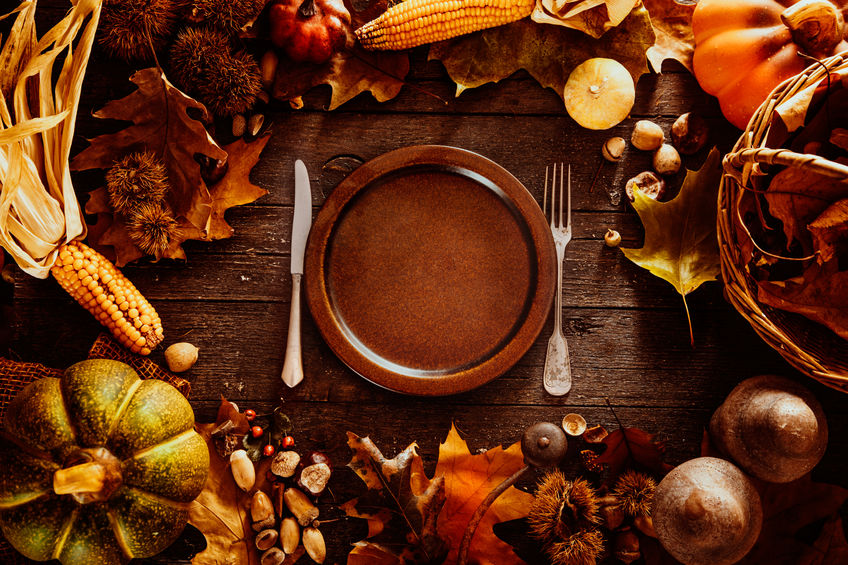
The Soil Association has today welcomed latest figures showing growth in sales of organic in Scotland.
In the 52 weeks to 31 Jan 2016 Kantar Worldpanel has reported growth of 2.6% and around £52.6 million spend on organic food and drink products in Scotland.
This comes at a good time for organics, with the Soil Association’s 2016 Organic Market Report showing steady growth of 4.9% across the UK.
The UK’s organic market is now worth £1.95 billion and the Soil Association is expecting this to break through the £2 billion mark later this year.
Figures were announced at the first organic market trade briefing in Scotland, held at the City of Edinburgh Methodist Church Hall, by Soil Association Scotland.
At the event Clare McDermott, business development director at Soil Association Certification, discussed the trends, challenges, consumer insights and opportunities for Scottish organic businesses.
Organic served here
She said: "We’re excited that the organic market in Scotland is now back in growth and we want to encourage all our licensees to make the most of new opportunities across all routes to market from multiples to catering.
"Earlier this month Soil Association Scotland launched a new ‘Organic Served Here’ award to celebrate organic served in restaurants, cafes and eateries, to further drive sales of organic.
"Independent retailers are another opportunity we have recognised, and are supporting through a visual merchandising guide and exciting events – helping to build the market further and sell more organic through this channel."
Growth of organic sales through independent retailers in the UK has increased by 7.5% and 36% of Scottish independent retailers say sales have increased over the last 12 months.
Nearly two thirds (64%) expect this to rise in 2016, with most citing consumer demand as a reason for this.
People are changing their shopping habits, with supermarket share of organic sales dropping below 70% for the first time – indicating that they are actively searching out organic products from elsewhere.
The sustained interest in organic is partially driven by an increase in young and socially conscious ‘millennials’ with strong social, ethical and environmental values.
These consumers are increasingly choosing organic because they want to know the origins of their food and are willing to pay more for products with quality assurance standards supporting the environment, society and animal welfare.
In Scotland 50% of consumers would buy more organic food and drink if it were available, according to Organic Trade Board research.
Consumers are concerned about environment and welfare
Denise from Peelham Farm, who sell their own organic meat from the farm in Berwickshire, said: "We’ve experienced real buoyancy in the first few months of 2016. Sales are great and there’s undoubtedly a real focus on organic.
"Our customers are concerned about the environment and are asking about how our animals are reared (both through enquiries on our website and at the markets we attend).
"Our organic certification definitely attracts customers."
At the launch of Organic Ambitions: Scotland's Organic Action Plan 2016 – 2020 in January, the Rural Affairs Secretary Richard Lochhead said he recognised "the wider benefits of organic farming, such as encouraging biodiversity, tackling climate change, improving soils and protecting our water environment."
There is strong support for organic in Scotland, including the new Organic Action Plan for organic food and farming 2016-2020 and the Scottish Government has supported a wide range of Soil Association Scotland programmes, such as Food for Life Scotland, Growing Organic Routes, Future Farming Scotland and Crofting Connections.
